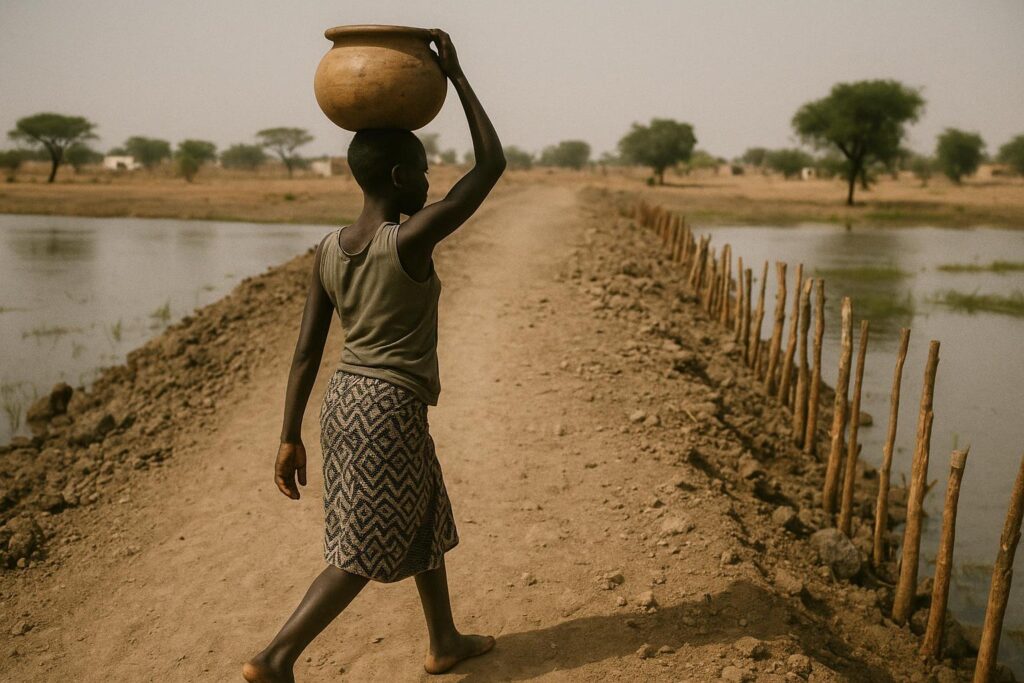Residents Grapple With Climbing Ticket Prices
In Abyei, boarding a bus now costs more than many monthly salaries. A seat to Wau has leapt from 150,000 to 200,000 SSP since the rains turned main arteries to mud.
Shorter rides are equally daunting. The fare to nearby Aneet reportedly soared from 15,000 to 50,000 SSP, squeezing daily commuters and traders who rely on the route for fresh supplies.
Infrastructure Woes and Calls for Action
Businesswoman Achok Deng said the broken roads do more than raise prices; they isolate the sick. “If your relative falls ill, reaching a hospital in Wau or Juba becomes almost impossible,” she told local media.
Residents are urging the national Ministry of Roads and Bridges to dispatch graders and gravel before the wet season deepens, arguing that reliable corridors would cushion households already battling inflation.
Union and Officials Debate Real Numbers
Information Minister Yohana Akol concedes fares are high because roads resemble rice paddies. He noted UNISFA is patching streets inside Abyei town only, leaving the strategic link to Wau unattended.
Drivers’ Union secretary Lual Arop contests some figures, saying the Aneet ticket is 20,000 SSP, not 50,000. Still, he blames soggy tracks and expensive fuel for the overall spike.
Fuel Price Drop Offers Hope, Yet Hurdles Remain
Relief may be on the horizon. Petrol now retails at 9,000 SSP per litre, down from 16,000, while diesel slid to 7,000. Chamber of Commerce chair Osman Chol Deng believes transport costs should follow suit.
Arop said union leaders will meet drivers this week to review tariffs, yet he warned that unofficial checkpoint taxes in the Anthony area could erase fuel-linked savings unless authorities enforce the closure order.


